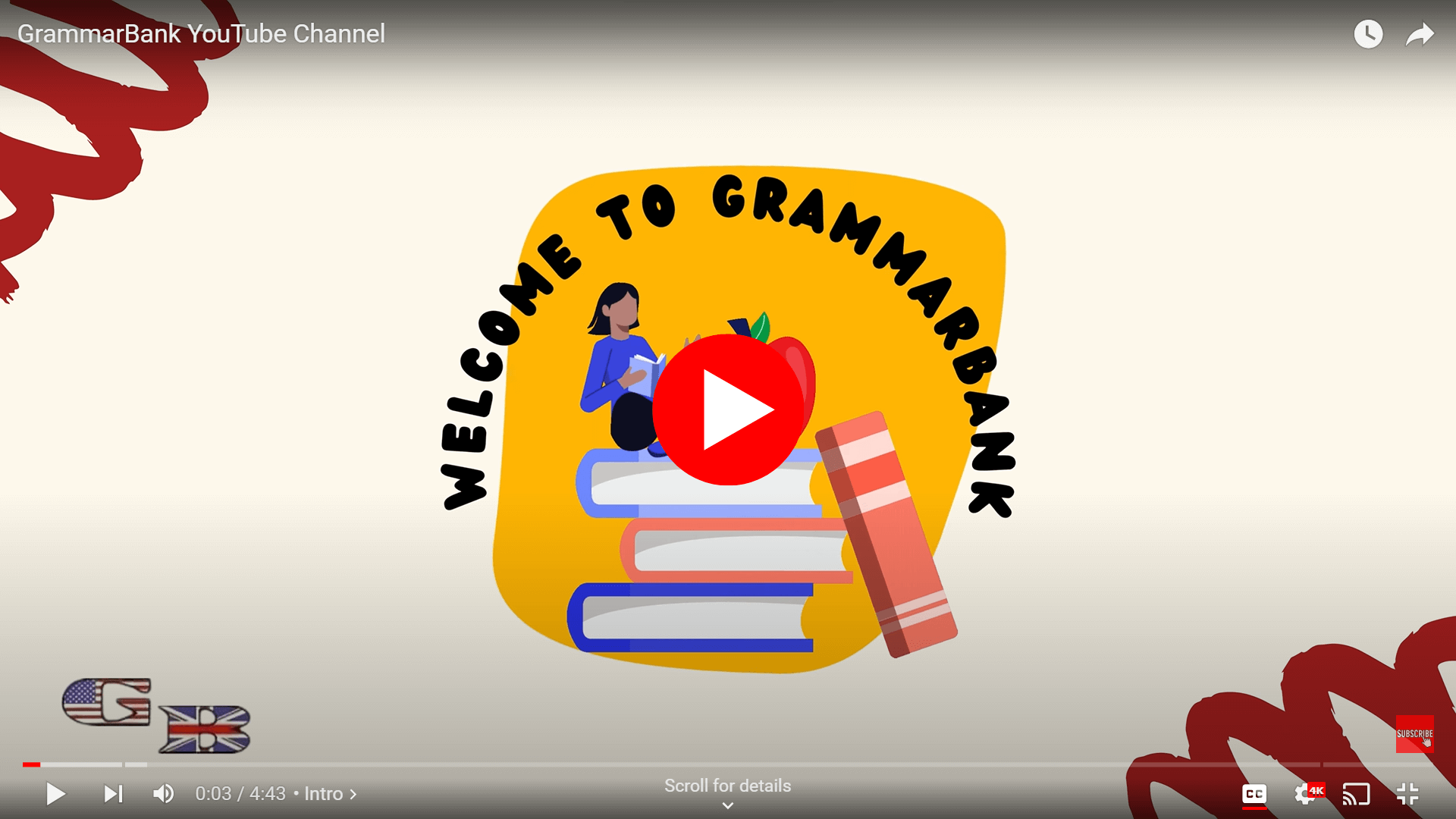English Reading Comprehension 66
ESL / EFL TOEFL / IELTS Reading Practice - Natural Gas in Oil
The answers to the following reading practice test will appear in the box at the bottom of the page when you click on "Submit Worksheet".
See Also:
Nuclear Danger
Rocks And Gases In The Air
Structure of Sugar
Stratosphere Layer Of Atmosphere
Fusion vs Fission Nuclear Energy
The answers to the following reading practice test will appear in the box at the bottom of the page when you click on "Submit Worksheet".
See Also:
Nuclear Danger
Rocks And Gases In The Air
Structure of Sugar
Stratosphere Layer Of Atmosphere
Fusion vs Fission Nuclear Energy
Natural Gas in Oil
Answer the questions according to the reading.
Often the oil contains natural gas. It is dissolved in the
oil because of the high pressure deep underground.
When the drill penetrates the oil-bearing layer this
pressure is released. It provides a tremendous thrust
and may be sufficient to bring all the oil to the surface.
If the gas pressure is not sufficient a pumping station
must be built to bring up the oil. This increases the
cost of the drilling operation. In its natural 'crude' state
oil consists of a mixture of various substances called
hydrocarbons. These substances must be separated
according to their densities, and purified. This process
is called refining.





Comments